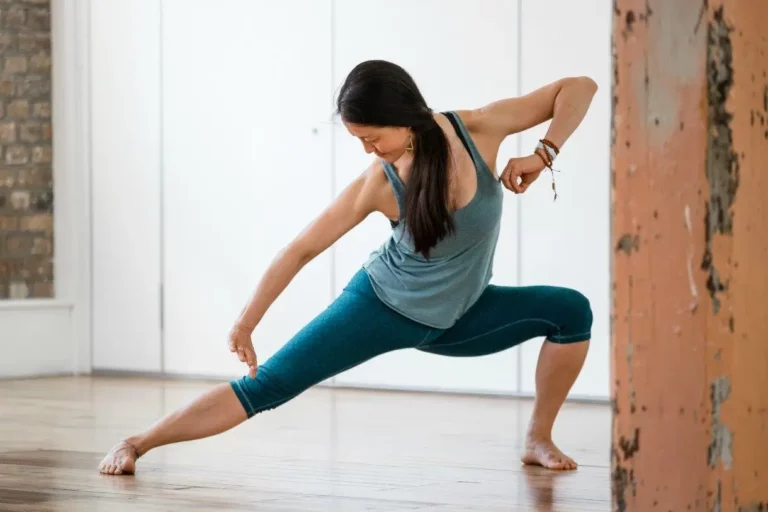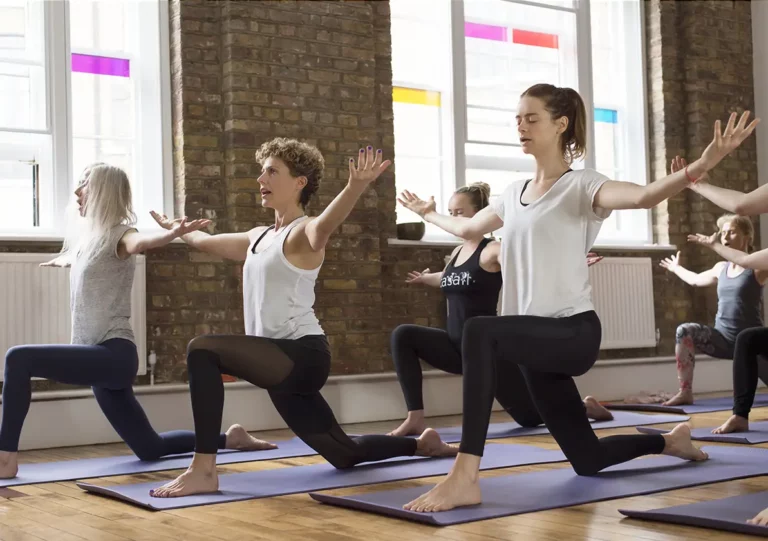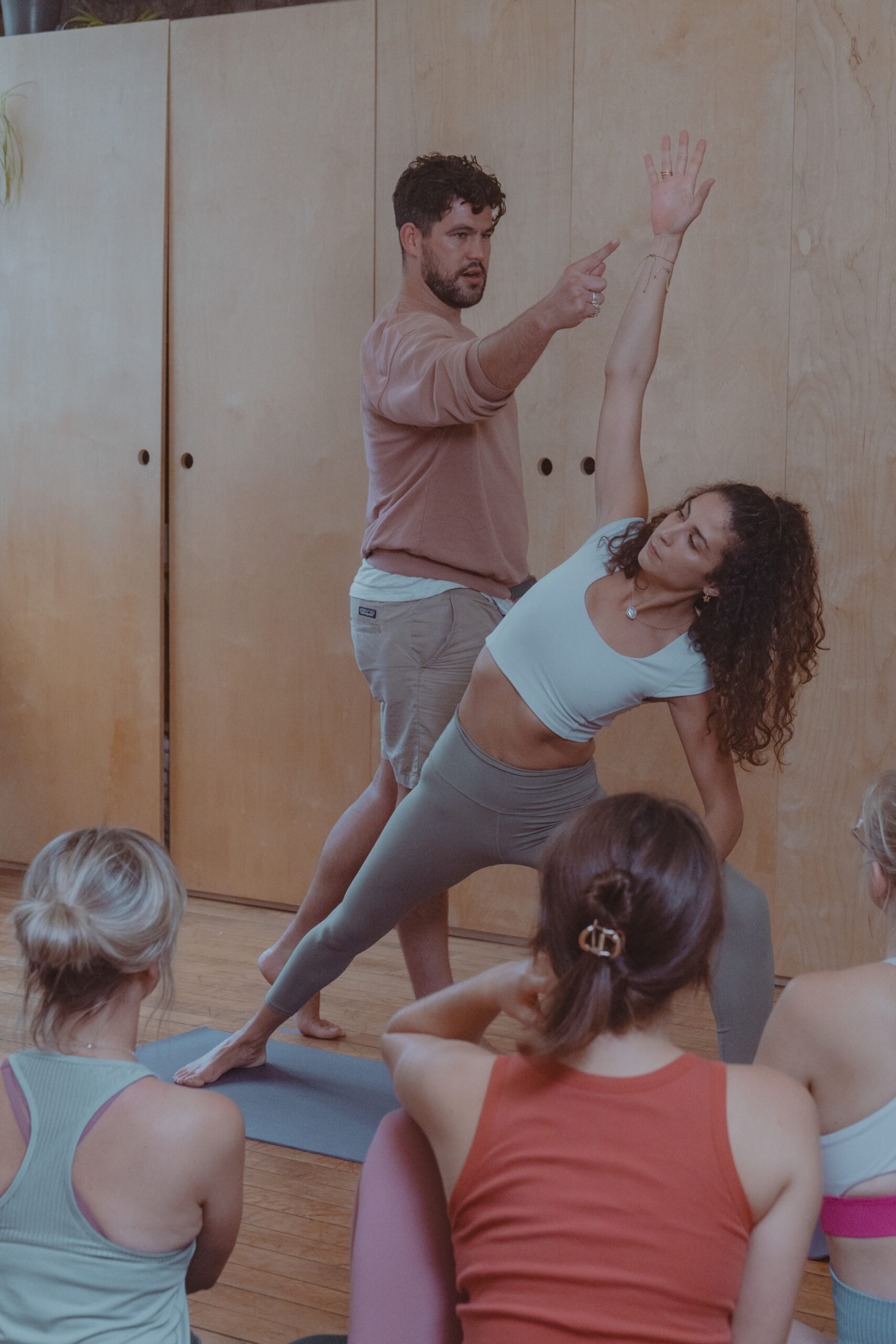Although I love the autumn once it’s here, the transition from summer to the colder weather and darker days can be a bit daunting. The subject of change and how we resist it is an interesting one. The nature of evolution relies on change and life is full of cycles and natural transitions; the change of the seasons, the changes our bodies go through as we grow and get older. And with the advances of technology and science, we’re constantly moving and changing with the times and what’s new and innovative.
But if change is so natural and inevitable then why does it often feel so unsettling and uncomfortable? Try convincing a group of people to alter the way they do things in a work environment and you’ll soon find out how tricky it can be.
So what is it about change that we resist it so much? Deep down we know sometimes it’s unavoidable and also good for us. Why then do we often put off making the changes we need to and why do we dread changes happening to us?
I recall a time a few years ago when I procrastinated upgrading my old mobile phone to a smart phone. Friends were telling me how brilliant these new phones were and how much easier life was with a smart phone. They raved about all the benefits; being able to check emails, use google maps and access the web whilst out and about. When I finally got myself a smart phone, it really did change my life for the better; but why did I take so long to make the switch?
I was reading recently that often on an unconscious level we believe that if we have been doing things a certain way for a while that it must be the ‘right way’. And therefore, perhaps we believe that changing the way we do things must be wrong; unconsciously we may hold the belief that change equals bad.
Also, we are creatures of habit and learning something new takes a lot more effort than just following the same habits or actions that we’re used to. To change the way we do something, at the beginning our brain has to work harder to focus and concentrate, making it more tired. The brain would rather work less and so it may come up with all sorts of excuses to stop us from learning something new.
Another reason change is difficult is the mind’s job is to keep us safe and well. Because of this, the brain favours familiarity and routine; this makes the job of keeping us safe easier. When we consider doing something outside of our comfort zone, again the mind may create lots of reasons, fears and ‘what ifs’ to stop us from venturing into the unknown. You might not like the situation as it is currently but at least it’s familiar and you know what to expect. Uncertainty is not one of the brain’s friends, we are naturally wired to want to make certainty out of uncertainty and meaning out of something meaningless.
How to adapt to changes
Change is sometimes thrust upon us without us necessarily causing it ourselves. Here are some tips to help you adapt to changes happening around you:
- Ask yourself if you can control what’s going on and, if not, let go of what you can’t control.
- Look at the positives. Recognise that with change comes new opportunity to grow and enrich life in some way.
- Note something that has happened to you in your life, that was out of your control at the time and that you coped with. Remember how you dealt with this situation and note that you survived!! Maybe you even thrived because of the change?
- Practise venturing out of your comfort zone regularly. Eleanor Rooseevelt said, “Do one thing every day that scares you.” One of the reasons that we don’t like change is fear of the unknown; how will we deal with it? The more we practise things that are uncomfortable because they’re new, the more we learn to cope with the unfamiliar. This builds inner confidence around making and coping with changes.
- Make a note of five things that you would like to do that scare you. Do one a week for the next five weeks and when you do each one, write down how you feel afterwards.
If making changes yourself scares you, here are some tips to help:
- Focus on making one change at a time, trying to change everything at once is a sure recipe for overwhelm. When we become overwhelmed, we tend to throw in the towel and give up. Master one change or new habit before starting something else.
- I recommend writing the following questions and answers down, this will consolidate your decisions and reasons for making the change and also strengthen your commitment to taking action.
- List each change that you want to make and underneath write down its the benefits? Be realistic about the time frame in which you will start to see the benefits. In other words, you may not get the results you want immediately but in time.
- What are the negatives of not making the change? Note these down.
- “One may walk over the highest mountain one step at a time,” said John Wanamaker. Break down the actions needed to make the change into manageable steps. Make a plan with the first five small steps you can take.
- Just start with the first step as soon as you can and follow it with the next and so on. And you’re on your way!
Becca Teers is a cognitive behavioural hypnotherapist, NLP practitioner, holistic therapist and holds a certificate in EMDR therapy and coaching. She is the author of the book “Unlimited; 7 Habits to Unleash Your Full Potential & Get the Life You Want”. Using a combination of cognitive behavioural and advanced hypnotherapy techniques, NLP and EMDR, Becca is passionate about empowering people to achieve their goals and full potential. She is a warm, caring yet dynamic and gifted therapist enabling people to make lasting positive change. She has a strong belief in the body/mind connection and the mind’s potential to heal the body.
She runs a practice at triyoga Soho on Tuesdays and triyoga Camden on Thursdays. Click here to view her full schedule.
For more information: www.unlimited-book.com / www.healthy-habits.me










